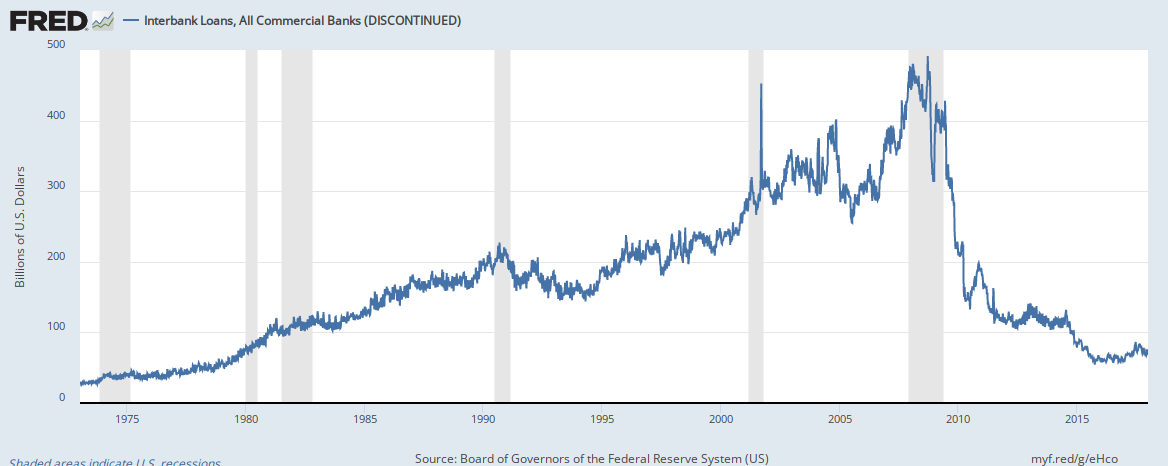Econ4Every1
Active Member
- Aug 7, 2017
- 177
- 5
- 31
- Thread starter
- #41
No, what you need to do is not be a condescending ass. The majority of posters here are as educated, or of higher education level, than you. Yours is not a limitation of media used to convey ideas. Yours is a limitation of YOU, and your belief that you are smarter than everyone else. Thus, you are by nature, a condescending ass.
All that you perceive none of that is what I've stated.
Ahhhh, but it is dear boy, it is. I am one of those who is better educated than you, and I have been dealing with people like you for longer than you've been alive. There is what is stated, and there is what is implied, and I can read your implied thoughts quite easily.
The fact remains that without the initial deposit the bank can't engage in their fractional reserve banking BS. You are ignoring the root of the tree to make a point. One that you apparently don't understand very well.
You sound really insecure touting your education like high school kids might talk about the size of the penis'. Seriously?
Look, I apologized to you and said I was sorry. Then you went on some tirade prescribing to me intentions and motives, none of which you can substantiate. It's obvious you have the problem. I suggest you put me on ignore if you can't handle debate.
No, I am quite secure in my education and have dealt with silly people who thought real highly of themselves for decades, like I said. I don't put people on ignore because they are condescending, hell, I don't place people on ignore for anything. Even the ones who are simple idiots sometimes amuse me. But, to your "point", you have dodged Todds observations and instead responded with pithy propaganda.
If you wish to have a conversation and impress people with how clever you are I suggest you actually address the points with facts, and not with opinions or propaganda.
Propaganda? Please, enlighten me, what have I posted that is propaganda?
And tell me what Todd has posted that I have ignored. I've answered everything he's asked.



